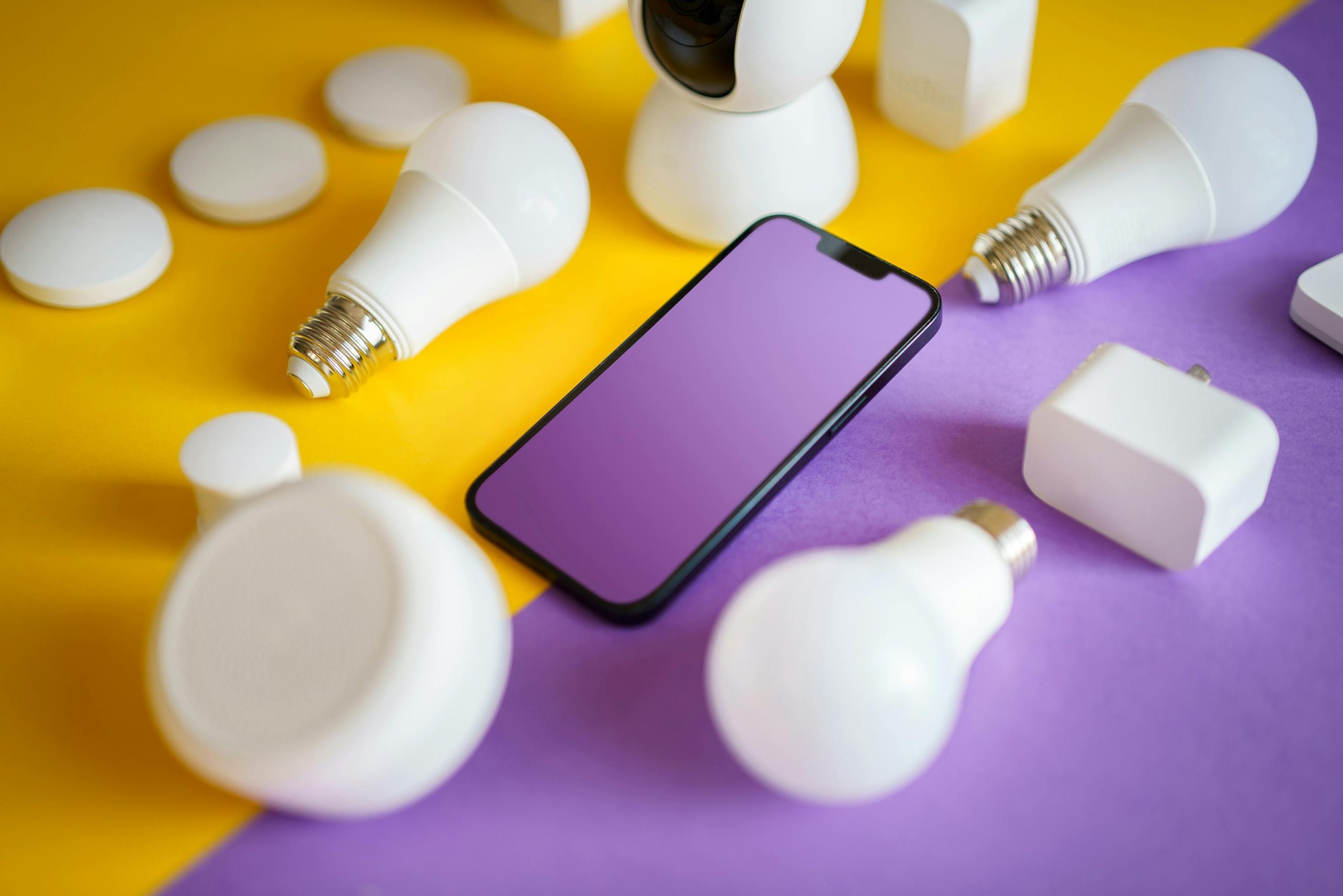The way we work is undergoing a seismic shift, driven by two powerful forces: remote work and artificial intelligence (AI). What was once a niche trend has become the new normal, with companies and employees alike embracing flexibility and automation. As these trends converge, they are reshaping the workplace in ways we couldn’t have imagined a decade ago. From eliminating geographical barriers to augmenting human productivity, the future of work is being rewritten—and it’s happening faster than ever.
The Rise of Remote Work: A Permanent Shift
The pandemic accelerated the adoption of remote work, but what started as a necessity has evolved into a preference. Studies show that a significant percentage of employees now expect flexible work options, and companies are responding. Businesses are no longer limited by location, allowing them to tap into global talent pools. This shift has led to:
- Increased productivity: Many workers report higher efficiency without the distractions of a traditional office.
- Cost savings: Companies can reduce overhead by downsizing physical office spaces.
- Better work-life balance: Employees gain more control over their schedules, reducing burnout.
However, remote work isn’t without challenges. Maintaining company culture, collaboration, and cybersecurity requires intentional strategies. Tools like Slack, Zoom, and project management software have become essential, but the next wave of innovation will come from AI.
AI as the Ultimate Workplace Assistant
Artificial intelligence is no longer a futuristic concept—it’s here, and it’s transforming how we work. From automating repetitive tasks to providing data-driven insights, AI is becoming an indispensable tool. Key applications include:
- Automation of routine tasks: AI-powered tools handle scheduling, data entry, and customer service, freeing employees for higher-value work.
- Enhanced decision-making: Machine learning algorithms analyze vast datasets to uncover trends and predict outcomes.
- Personalized productivity: AI assistants like ChatGPT and Notion AI help draft emails, generate reports, and even brainstorm ideas.
While some fear job displacement, the reality is more nuanced. AI is augmenting human capabilities rather than replacing them entirely. The most successful workplaces will be those that leverage AI to enhance creativity and problem-solving.
The Hybrid Model: Where Remote Work Meets AI
The future isn’t just remote or AI-driven—it’s a hybrid of both. Companies are experimenting with flexible models where employees split time between home and office, supported by AI tools. This approach offers the best of both worlds:
- Flexibility: Employees choose where they work best, whether at home, in a co-working space, or the office.
- Efficiency: AI streamlines workflows, ensuring seamless collaboration regardless of location.
- Scalability: Businesses can quickly adapt to changing demands with AI-driven analytics and automation.
For example, AI-powered project management tools can assign tasks based on team members’ availability and expertise, while virtual assistants schedule meetings across time zones. The result? A more agile, responsive workforce.
Challenges and Ethical Considerations
As with any major shift, the integration of remote work and AI brings challenges. Companies must address:
- Data privacy: Remote work increases cybersecurity risks, requiring robust protocols.
- AI bias: Algorithms can perpetuate existing biases if not carefully designed and monitored.
- Employee well-being: The blurring of work-life boundaries can lead to burnout, necessitating clear policies.
Transparency and continuous learning will be critical. Organizations must invest in upskilling employees to work alongside AI and foster inclusive, ethical tech practices.
Preparing for the Future
To thrive in this evolving landscape, both businesses and workers must adapt. Here’s how:
- For companies: Invest in AI tools that align with your goals, prioritize cybersecurity, and cultivate a strong remote culture.
- For employees: Develop skills that complement AI, such as critical thinking and emotional intelligence, and embrace lifelong learning.
- For leaders: Foster innovation by encouraging experimentation with new technologies and flexible work models.
The future of work isn’t about choosing between remote or AI—it’s about integrating both to create a more dynamic, inclusive, and efficient workplace.
The workplace of tomorrow is already here. By embracing remote work and AI, we can build a future where technology empowers people, breaks down barriers, and unlocks unprecedented opportunities. The question isn’t whether these changes will happen—it’s how we’ll adapt to make the most of them.
